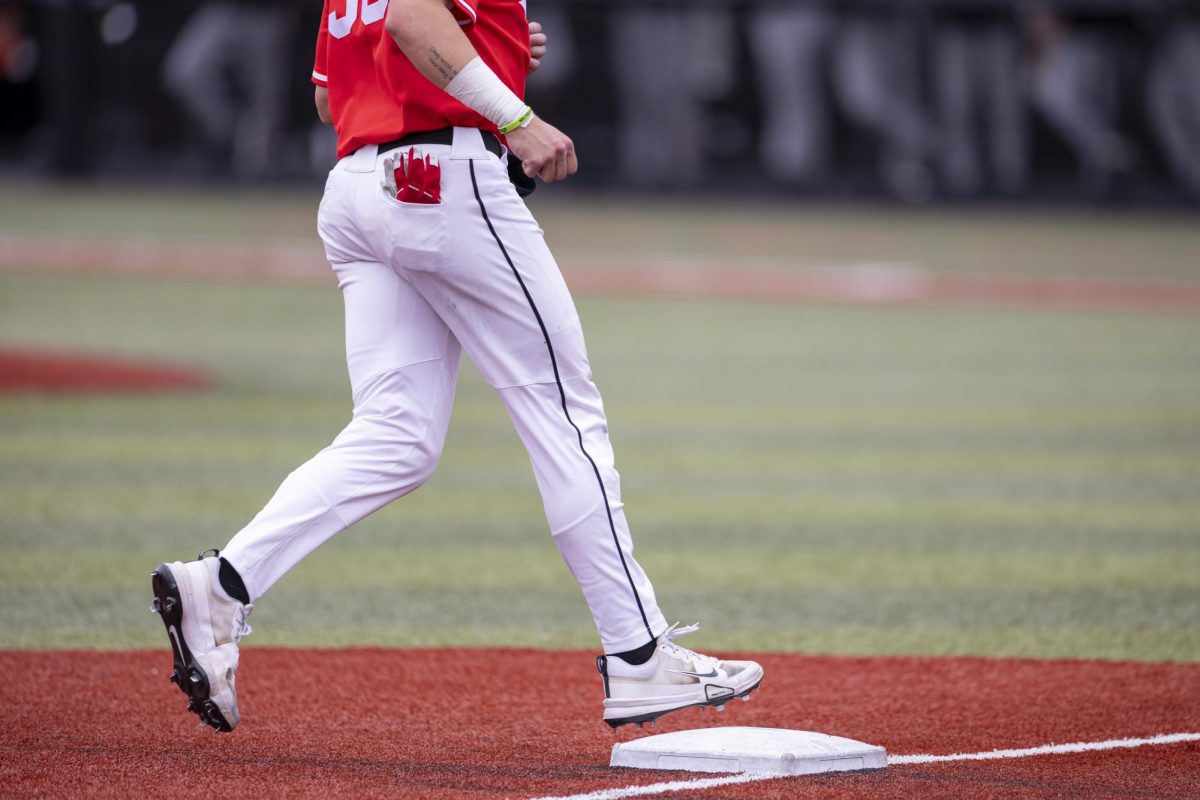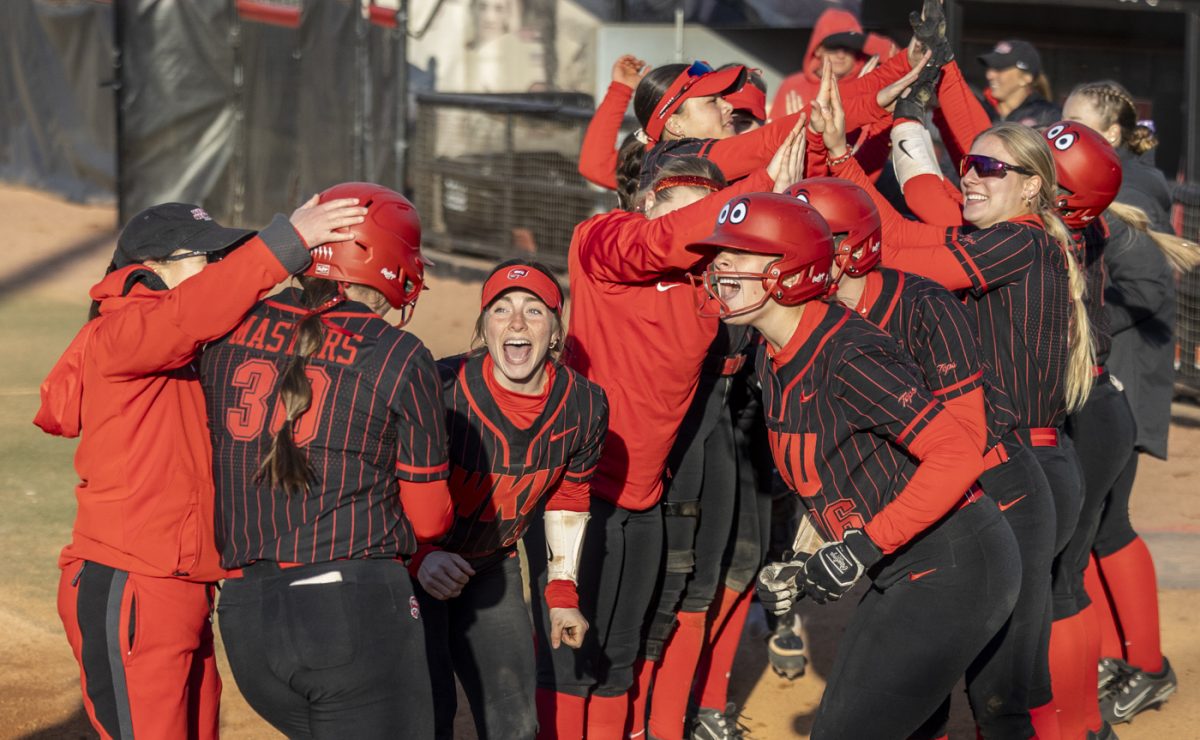Collective punishment won’t fix Greek life
October 8, 2018
The issue: Universities have shown a tendency to punish Greek organizations collectively by implementing strict, blanket bans and regulations.
Our stance: These types of bans and regulations are short-term consequences that do not always yield long-term change. Instead, innovative personal supervision could make a positive impact. Collective punishment has been the common punitive tactic when it comes to universities addressing the issues of alcohol consumption, hazing and sexual misconduct in Greek organizations.
Often, when one or a few of a Greek organization’s members make a mistake, commit a crime or become involved with some kind of tragic course of events, the public, including the university’s administration, sees a systemic issue that needs to be rectified.
Underage drinking and binge drinking – two activities stereotypically associated with Greek life – create complications for student safety and establish a dilemma for their respective universities. At least three fraternity hazing deaths related to alcohol occurred last year, Time reported.
Tim Piazza, a 19-year-old student at Penn State University, died in February after an alleged hazing ritual in which he was forced to drink 18 drinks in less than 90 minutes, according to Time. He was fatally injured in a fall down a set of stairs afterward.
This has been a long-standing problem that schools have attempted to overcome by implementing different degrees of individual and collective punishment, but the pushback of such bans often has a converse effect from the university’s intention.
In mid-September, University of Kentucky freshman Jacob Heil hit a 4-year-old while allegedly driving under the influence on the way back from a tailgate party before the UK football game, according to arrest records. The 4-year-old died the following Monday from his injuries.
As a result of the incident, Heil was suspended from the university, the Herald-Leader reported. UK’s Alpha Tau Omega fraternity chapter was dissolved following an internal investigation conducted by UK, which found the fraternity had provided alcohol to minors and violated anti-hazing policies.
This follows a push from UK to mitigate heavy drinking on game days on campus by moving students to a controlled, fenced-in area designated for a four-hour tailgating experience, which went into effect on the first home game of the Fall 2018 semester. This designated area is designed to be monitored and aims to crack down on underage drinking by limiting the number of alcoholic beverages of-age people can bring in and providing wristbands that prevent minors from entering.
WKU has moved its designated on-campus location for tailgating to the green space in front of Grise Hall and banned vehicles from grass areas in an attempt to enforce its rules about consumption of alcohol on campus.
Universities can’t afford to look the other way, but the backlash of standing punishments render such rigid bans largely ineffective. The foundation of systemic issues in the Greek life community remains, and its members likely develop new tactics to continue the very same practices. If tailgating is more strictly monitored, parties will occur off campus in party houses, where Jacob Heil was before his arrest.
According to Inside Higher Ed, universities need to shift their focus a bit by maintaining stringent rules while also working closely with individual Greek organizations to alter the culture of the groups. “Suspension of Greek life activity only serves as a stopgap measure,” Jill Creighton, president of the Association of Student Conduct Administration, told Inside Higher Ed. A swift slap on the wrist will accomplish little in terms of long-term change to the culture of fraternity life.
One possible solution is to boost the roles of WKU Greek chapter advisers. These people should be mentors to members of the group and act as a direct source of supervision without maintaining an out-of-touch and impersonal authority figure such as university administration.
NASPA, a national student affairs administrative group that provides professional development, advocacy and research for college groups, suggests advisers act as leadership coaches. According to their recommendations, alumni and advisers of Greek organizations should play a proactive role in the cultivation of positive learning and networking environments of Greek life. By playing the role of a coach rather than an over-worked and under-used administrator, these individuals would be trained by a national curriculum to endorse leadership through one-on-one teaching sessions with student leaders within the organizations.
By establishing a more involved front-line of staff to interact with Greek organizations, growth and professional development would likely become a larger focus and contribute to a long lasting positive environment in Greek organizations that decreases inclinations for student risk, according to NASPA’s research.
Personal relationships are the building blocks for change, and they could be a healthy alternative or companion to the slew of negative reinforcement Greek groups receive.













